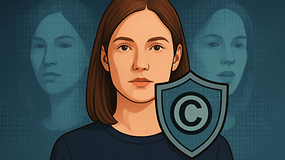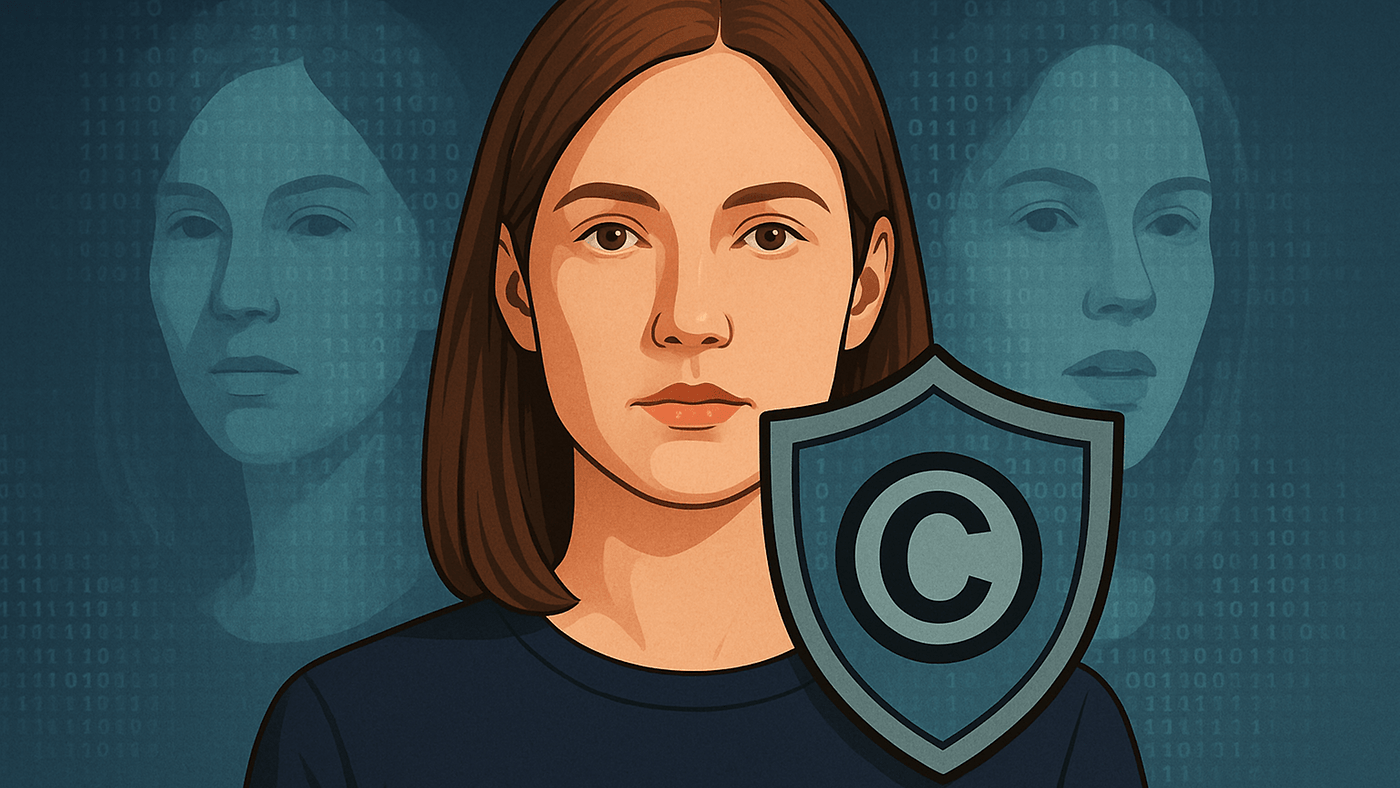Do You Want to Copyright Your Face?

How does owning a copyright on your face, body, and voice to counteract the spread of deepfakes sound? That’s the proposed solution in Denmark, where the government aims to introduce a copyright ownership system for images to hold online platforms accountable for sharing deepfakes without consent.
The Guardian highlighted this Danish bill on June 27. The initiative is being driven by Culture Minister Jakob Engel-Schmidt, who has reportedly achieved a cross-party agreement that has been approved by the majority of Danish MPs. The next step is to submit the amendment before the summer break so that it can be put to a vote in Parliament by the fall.
This initiative does appear to be very concrete. If the amendment is adopted, every Danish citizen will be given the right to grant or deny access to their image (including face and body) and their vote. The idea is to introduce a real copyright on appearance, just as an artist has a copyright on their work. The government explained that the new rules will not affect parodies and satire, which will continue to be allowed.
“Everyone has the right to their own body, their own voice.”
As quoted by the Guardian, Danish Culture Minister Jakob Engel-Schmidt stated:
‘People can be put through the digital copier and abused for all sorts of purposes, and I am not prepared to accept that.
The Danish government seems to focus on the use of deepfakes to defame, humiliate, and harass people. Deepfakes can be thought of as being used to ridicule someone by making them do or say something that the person has never done or said. The use of deepfakes to create pornographic content or even so-called “revenge porn” should also be the focus of Danish personal copyright law.
In 2023, a detailed report revealed that pornographic deepfakes accounted for 98% of all deepfake videos found online. And that was in 2023, considered a century ago in the AI era.
There is no doubt that such a law alone cannot curb the spread of deepfakes. It is an afterthought once a deepfake has been created, published, and disseminated. In many cases, the damage has already been done. However, this tool would carry the advantage of requesting to remove deepfakes, having a higher chance of success.
By making these requests more effective, it would force platforms to process them more carefully and efficiently. This, in turn, would mean more resources and expenditure on processing these requests. In this way, platforms could be forced to regulate such content more, even if only out of pure financial interest.
Should the platforms resist, Jakob Engel-Schmidt declared that he is prepared to “take additional measures” and even impose “severe penalties” if the law is not complied with.
It remains to be seen whether this law will actually be passed in Denmark. This would be a first in Europe and the world. A possible success in Denmark could inspire other EU members to follow suit. Copenhagen will host the Presidency of the Council of the European Union from July 1, 2025, which would be a good opportunity to give this initiative more visibility.
